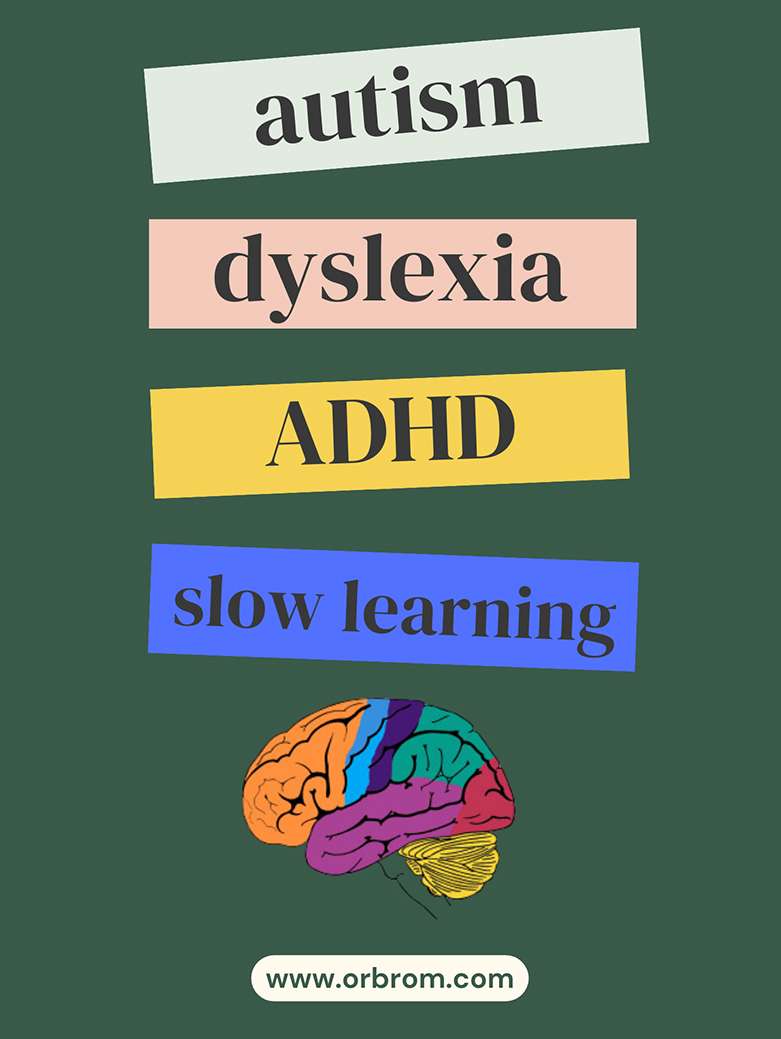Every child possesses a unique blend of abilities and challenges, and the realm of education embraces this diversity. Among the diverse student population, those with intellectual disabilities (IDs) present unique learning needs that require tailored approaches to ensure their academic success and overall well-being. This blog delves into the intricacies of teaching students with IDs, highlighting effective strategies that empower educators to create inclusive and supportive learning environments.
Understanding Intellectual Disabilities
Intellectual disabilities encompass a range of cognitive impairments that affect learning and social functioning. These impairments typically manifest during childhood and persist throughout life. While the severity of IDs varies, individuals with IDs often experience challenges in areas such as conceptual thinking, problem-solving, and communication.
Creating an Inclusive Learning Environment
Effective instruction for students with IDs begins with fostering an inclusive learning environment. This involves establishing a classroom atmosphere that is both welcoming and supportive, where all students feel valued and respected. Educators can achieve this by:
-
Promoting positive relationships: Building rapport with students and their families is crucial for understanding their individual needs and fostering trust.
-
Embracing diversity: Celebrate the unique strengths and perspectives that each student brings to the classroom.
-
Encouraging peer collaboration: Create opportunities for students to work together, fostering a sense of community and promoting peer support.
Tailored Teaching Approaches
Effective teaching for students with IDs necessitates a flexible and adaptable approach. Educators should consider incorporating strategies such as:
-
Breaking down tasks into smaller steps: Complex tasks can be overwhelming for students with IDs. Divide them into manageable steps to make learning more accessible.
-
Utilizing visual aids: Visuals, such as pictures, charts, and graphs, can provide valuable support for understanding concepts and completing tasks.
-
Incorporating hands-on activities: Engaging students in hands-on experiences allows them to learn through active participation, enhancing comprehension and retention.
-
Providing frequent feedback: Regular feedback, both positive and constructive, helps students understand their progress and identify areas for improvement.
Leveraging Assistive Technology
Assistive technology (AT) plays a significant role in empowering students with IDs to reach their full potential. AT tools can:
-
Enhance communication: Augmentative and alternative communication (AAC) devices, such as speech-generating devices, can provide students with alternative means of expressing themselves.
-
Support learning: Software programs and specialized tools can provide individualized instruction and practice opportunities.
-
Promote independence: AT tools can help students with IDs perform daily tasks more independently, fostering self-reliance and confidence.
Collaboration and Support
Effective teaching for students with IDs is a collaborative endeavor that requires the involvement of various stakeholders. Educators should engage with:
-
Special education professionals: Collaborating with special education specialists ensures that students’ specific needs are addressed and that appropriate accommodations are provided.
-
Parents and families: Maintaining open communication with parents and families allows educators to gain valuable insights into the student’s strengths, challenges, and home environment.
-
Support staff: Paraprofessionals and other support staff can provide valuable assistance in the classroom, ensuring that students receive individualized attention and support.
Teaching students with intellectual disabilities demands a deep understanding of their unique learning needs, coupled with a commitment to creating inclusive and supportive learning environments. By employing effective strategies, leveraging assistive technology, and fostering collaboration, educators can empower students with IDs to achieve their academic goals and reach their full potential.
Services for Autism, ADHD, Dyslexia, Spelling Difficulty, social and slow learning, Down Syndrome, and Selective Mutism. OrbRom is the best option in Phnom Penh.
If you are concerned about your child’s development, Contact OrbRom Center for Assessments.
Phone/Telegram: 077.455.993
Telegram Link: https://t.me/OrbRom







